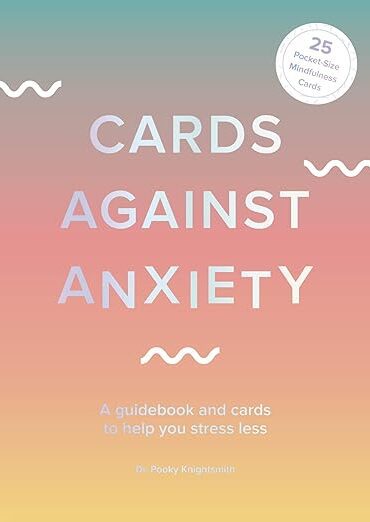How many times have you heard, “ well I was raised this way and I turned out okay”, all the while the parent is complaining about how their children don’t listen, how the parent themselves are personally struggling and how they feel the whole family unit is falling apart. Twenty-first-century parenting is different, it is going to seem backward and uncomfortable, it’s probably going to make you consistently question your judgment and morality. Here’s the deal, the way you were parented was probably appropriate for your generation but now that we live in a different time, it’s time for a different type of parent.
Children since the day they are born are trying to become autonomous, they are searching for freedom. Within this desire for freedom, we as parents know that children don’t have the capacity to take care of themselves 100%. Although this may seem like a great time to take charge and control our children, it’s not, this is actually the best time to give them choices and help them gain autonomy. The infamous Brene Brown uses Choice Theory with her own children, mentioning it in Oprah Magazine, “tug of wars are actually a crucial developmental milestone. But it’s tough to celebrate your kid asserting their tiny personhood when they’re having a screaming tantrum in the freezer aisle.”
If you constantly feel like you’re on a teeter-totter balancing between good cop and bad cop, you’re doing it right. The key to any successful parenting strategy is following through, do what you say you’re going to do, whether that be enforcing a house rule or following through on your own promise. If you show your children consistency, they will become consistent. Consistency creates a sense of security; which children are looking for in their developing years.
You make choices every single day, and so do your children. Instead of creating a barrier between you and your children, create a bridge, a way to communicate that allows for you, the parent, to give them options and then give the children the right to choose.
Give them two options so they feel they are establishing their autonomy, but you can also manage the choices they can make.
Brene Brown gives an example all parents have probably hurdled, “Charlie, you have two choices: You can leave your peas on your tray, or you can be done eating. What do you choose?” When he continued to hurl his food, her son had made his choice and dinner was over.” Charlie made a choice, so now you as a parent must make a choice, do you fester and react negatively, or do you acknowledge his response. Giving yourself a “time out” as a parent might be more conducive for behavioral change rather than forcing the child to go to their room. This is the time for the parent to calm themselves and come back to the situation with a new perspective.
Choice Theory® is based on the simple premise that every individual only has the power to control themselves and has limited power to control others. Applying Choice Theory allows one to take responsibility for one’s own life and at the same time, withdraw from attempting to direct other people’s decisions and lives. Individuals are empowered to take responsibility for their choices and support others in taking ownership of their choices. Negative behaviors reduce in frequency and intensity, relationships strengthen and satisfaction in life increases.
Jeff Robert Petra conducted an experiment where parents whose children struggled with school defiance and unsafe behaviors, were placed in different sets of parenting programs. One program was 13 hours of parenting using Reality Therapy/ Choice Theory, one with no reality therapy and another receiving no therapy at all. “The results suggested the parenting education program and Reality therapy improved children’s behavior at home and at school. The results demonstrated: 13 hours of parenting education instruction was enough time to significantly improve children’s behavior. The study was highly successful in the eyes of parents, teachers, and school administrators.
So, what does all this mean? Give your children options so that they learn to make their own decisions. Be okay with them not always making the right choices, how else does one learn? If you need some space, say so. Here’s the thing parents, you are doing the best you can with the information you have. You are not the enemy; you are a human being and you can raise your children well.
Written By: Hannah Slattery
Books:
A Choice Theory Psychology Guide to Parenting: The Art of Raising Great Children (The Choice Theory in Action Series)
For Parents and Teenagers: Dissolving the Barrier Between You and Your Teen
Brainstorm: The Power and Purpose of the Teenage Brain
CHOICE PARENTING: A more connecting, less controlling way to manage any child behavior problem
Websites:
https://www.apa.org/monitor/2018/04/parenting-resources
https://wglasser.com/what-is-choice-theory/
References:
Petra, J. R. (2001). The effects of a choice theory and reality therapy parenting program on
children’s behavior. Dissertation Abstracts International: Section B: The Sciences and Engineering, 61(9-B), 5001.
Vincenty, S. (2019, October 18). Brené Brown Has Basically Never Yelled at Her Kids, and Did
This Instead. Retrieved from https://www.oprahmag.com/life/relationships-love/a28326340/brene-brown-parenting-advice/
What Is Choice Theory? (n.d.). Retrieved from https://wglasser.com/what-is-choice-theory






